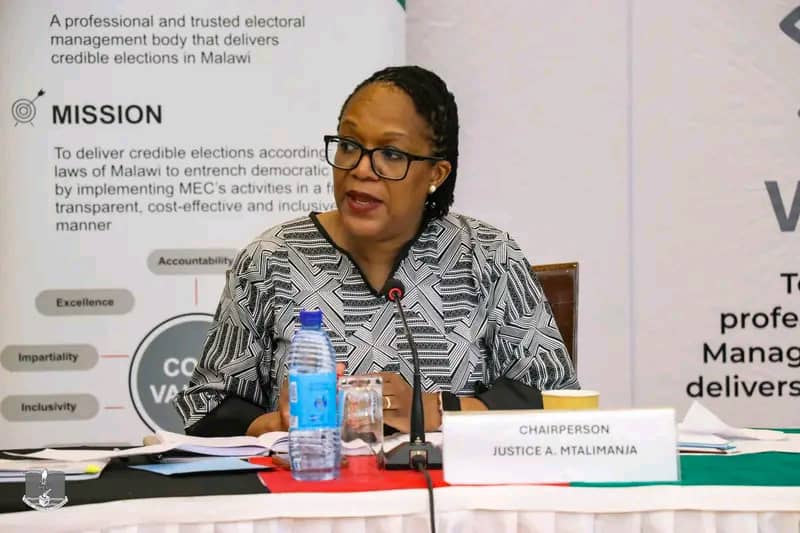
By Burnett Munthali
On August 20, 2013, the Malawi Congress Party (MCP) made a bold and historic move by publicly apologizing for the atrocities committed during its 31-year rule.
The apology marked a significant moment in Malawi’s political landscape, as the MCP acknowledged the pain and suffering it caused many Malawians between 1964 and 1994.
These atrocities included torture, extrajudicial killings, disappearances, and other forms of state-sponsored oppression that characterized the one-party regime led by founding President Hastings Kamuzu Banda.
Speaking during a public event, the party’s then Secretary General, Chris Daza, openly admitted the need for the party to seek forgiveness from the people of Malawi.
“People should learn to forgive our past. And even if it means apologizing through a podium, we will do it,” said Daza, capturing the essence of the party’s renewed commitment to reconciliation.
This apology was seen as a major turning point for the MCP, which had long been criticized for refusing to own up to the brutal legacy of its earlier governance.
For years, many victims and their families had waited for some form of acknowledgment and remorse from the party, and this moment offered a glimmer of closure and national healing.
Political analysts hailed the apology as a necessary step if the MCP hoped to rebuild public trust and reposition itself as a modern, democratic party committed to human rights and the rule of law.
While the apology could not undo the damage of the past, it signaled a willingness by the party to confront its history and engage in a process of moral accountability.
Many Malawians received the message with mixed feelings—some welcomed it as overdue but commendable, while others believed it should have been accompanied by further action, such as compensation or a truth and reconciliation process.
Nevertheless, the public statement of regret represented a break from the past and an important gesture toward national unity and justice.
In a country still grappling with historical wounds, such acts of accountability are vital in laying the foundation for lasting peace and democratic growth.
The MCP’s apology on that day in August was not just an act of political necessity; it was a moral imperative that may have contributed to reshaping the party’s future.




